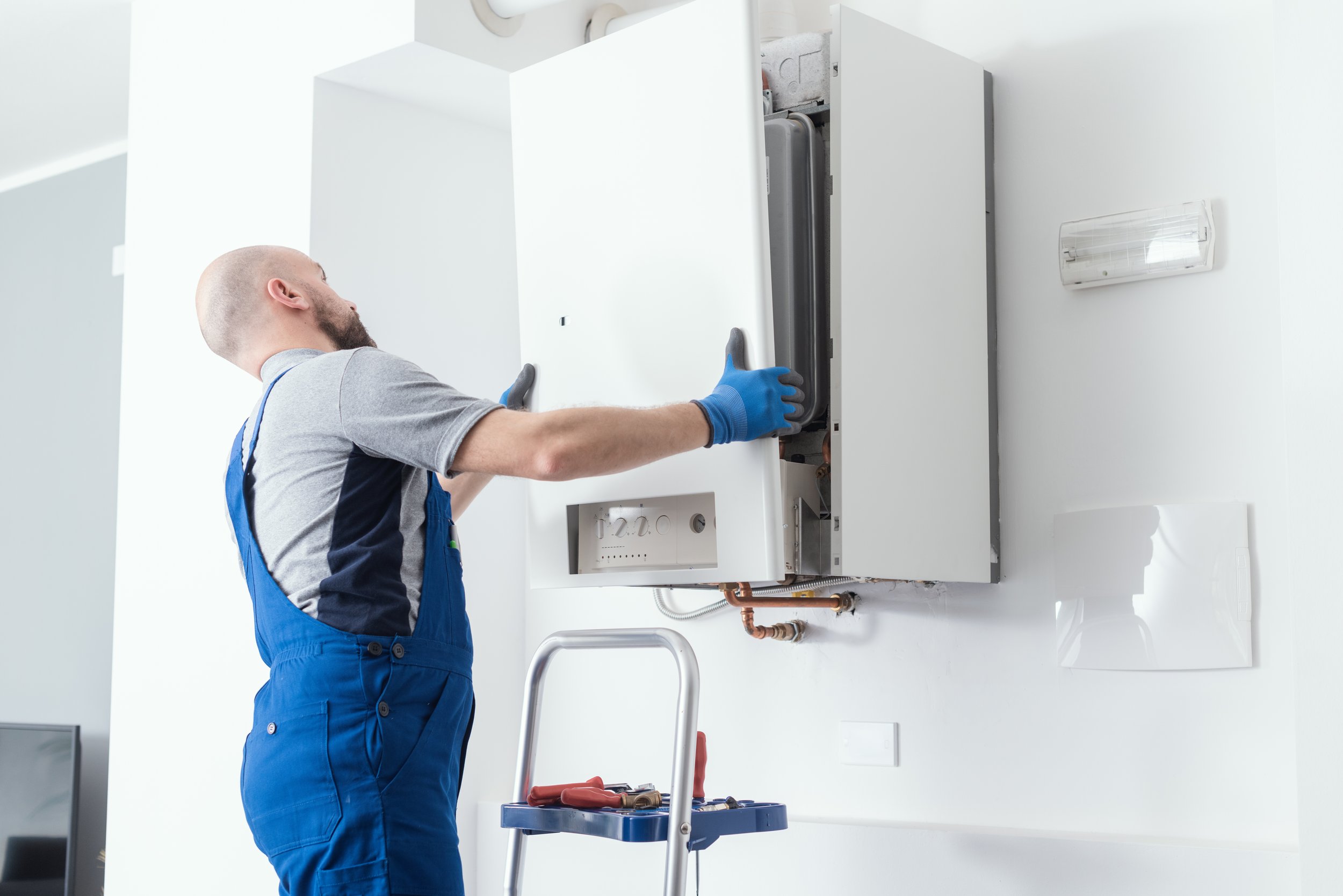How Tankless Water Heaters Work: A Comprehensive Guide
Tankless water heaters, also known as on-demand water heaters, are becoming increasingly popular due to their efficiency and convenience. Unlike traditional water heaters that store hot water in a tank, tankless systems heat water only when needed, providing an endless supply of hot water. This blog will delve into the details of how tankless water heaters work, their benefits, and what you should consider when choosing one for your home.
Understanding the Basics
1. The Mechanism of Tankless Water Heaters
Tankless water heaters operate on a simple principle: water is heated as it flows through the unit. Here's a step-by-step breakdown of the process:
Activation: When you turn on a hot water tap, water flows into the heater. This action triggers a flow sensor, which activates the heating elements or gas burner within the unit.
Heating: Cold water passes through a heat exchanger, where it is rapidly heated to the desired temperature. The type of heat exchanger and heating element varies depending on whether the unit is electric or gas-powered.
Delivery: Once heated, the water exits the unit and travels to the open tap, providing a continuous stream of hot water.
2. Key Components
Flow Sensor: Detects when water enters the unit and signals the heating element to activate.
Heat Exchanger: Transfers heat to the water as it passes through the system. Electric models use electric coils, while gas models use a gas burner.
Heating Elements or Burners: Provide the necessary heat to raise the water temperature.
Control Panel: Allows users to set the desired water temperature and displays system status and error codes.
Types of Tankless Water Heaters
There are two main types of tankless water heaters: electric and gas.
1. Electric Tankless Water Heaters: Electric tankless water heaters use electric coils to heat water. They are typically smaller and easier to install than gas models but may require an electrical upgrade to handle the increased load. They are ideal for point-of-use applications or homes with lower hot water demands.
2. Gas Tankless Water Heaters: Gas tankless water heaters use a gas burner to heat water. They are more powerful and can handle higher hot water demands, making them suitable for larger homes or households with multiple simultaneous hot water needs. They require proper venting to expel combustion gases.
Benefits of Tankless Water Heaters
1. Energy Efficiency: Tankless water heaters are more energy-efficient than traditional storage tank models because they only heat water when needed, reducing standby heat loss. This can lead to significant energy savings over time.
2. Endless Hot Water Supply: Because they heat water on demand, tankless units can provide a continuous supply of hot water, unlike tank models that can run out of hot water and require time to reheat.
3. Space Savings: Tankless water heaters are compact and can be installed in smaller spaces, freeing up valuable storage space in your home.
4. Longer Lifespan: With proper maintenance, tankless water heaters can last up to 20 years, which is longer than the typical lifespan of traditional water heaters.
Considerations When Choosing a Tankless Water Heater
1. Sizing: Proper sizing is crucial for optimal performance. The unit must be capable of meeting your household's peak hot water demand. Consider factors such as the number of bathrooms, appliances, and simultaneous hot water needs.
2. Fuel Type: Choose between electric and gas models based on your home's existing infrastructure and hot water needs. Gas models are typically more powerful but require proper venting and may have higher installation costs.
3. Installation: Professional installation is recommended to ensure the unit is correctly sized, properly vented (for gas models), and compliant with local building codes.
4. Maintenance: Regular maintenance is essential to keep your tankless water heater operating efficiently. This includes descaling the unit to prevent mineral buildup and checking for any potential issues.
Troubleshooting Common Issues
While tankless water heaters are generally reliable, they can occasionally encounter problems. Here are some common issues and troubleshooting tips:
1. No Hot Water
Possible Causes: Tripped circuit breaker (for electric models), gas supply issues (for gas models), or a malfunctioning flow sensor.
Troubleshooting Steps: Check the circuit breaker, ensure the gas valve is open, and inspect the flow sensor for any debris or damage.
2. Fluctuating Water Temperature
Possible Causes: Mineral buildup in the heat exchanger, incorrect unit sizing, or multiple high-demand appliances running simultaneously.
Troubleshooting Steps: Descale the unit, ensure the unit is correctly sized for your household's needs, and stagger the use of high-demand appliances.
3. Error Codes
Possible Causes: Vary depending on the specific code displayed.
Troubleshooting Steps: Refer to the unit's manual for specific error code meanings and recommended actions.
Embracing the Future of Hot Water Heating
Tankless water heaters offer an efficient and convenient solution for providing hot water on demand. By understanding how these systems work, their benefits, and the factors to consider when choosing and maintaining one, you can make an informed decision that best suits your household's needs. Whether you opt for an electric or gas model, a tankless water heater can enhance your home's comfort and energy efficiency for years to come.

